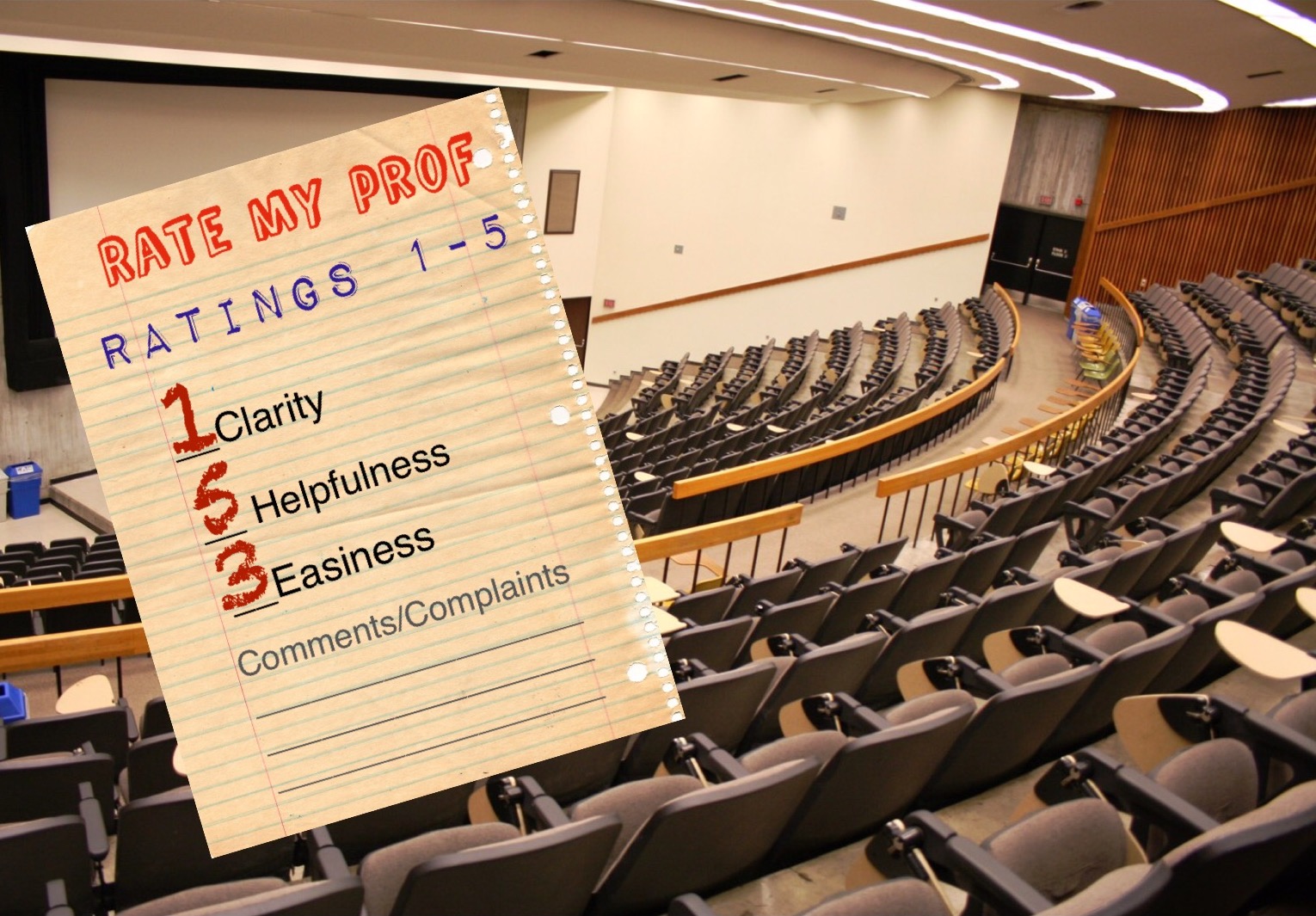With the internet opening up new avenues for information, choosing courses has become easier and harder at the same time.
We all know that making well thought out decisions supposedly leads to a great life, but it can be tough if you don’t have the right tools to do so. That goes for choosing the right courses during your post-secondary career.
In high school, visiting the guidance counsellor would have solved your problems on whether to take academic science or advanced functions in grade 12. Post-secondary also offers ways to get the right information so you can make the right course decisions for your major.
There are many ways to get the right information on what the best courses are to choose when it comes to electives, as well as which fields certain professors specialize in.
Many students prefer to look outside of school resources to get unbiased information. You may have heard of RateMyProfessors.com, a website full of professor reviews and ratings based on student feedback. This site provides students with insight into which prof is sure to make your GPA skyrocket and which one to avoid like the plague.
“The Rate My Professors website has been effective for me when searching for what courses to take with professors, but it hasn’t been helpful when looking at ratings of teacher’s assistants,” says Aliah Khan, a third year kinesiology student.
“Seems as though the professor sets the mandate for how teaching assistants should evaluate work, which has the potential to vary from course to course,” she adds.
Other students are more cautious about review sites such as RateMyProfessors.com. Camila Escalante, a fourth year political science major, says there are other ways to ensure students get good profs.
“In my experience there are more effective ways for deciding which courses to take and which professors to study under,” says Escalante.
According to Escalante, taking courses from tenured research faculty ensures you can build relationships with them over the course of your degree and is guaranteed to aid your university education.
She notes that research into the development of a course is something students should consider. “So many of our professors are contract only, they may be giving lectures on a course they themselves did not develop, and I’ve experienced the difference,” says Escalante.
Aside from Rate My Professors, York also offers academic advising to all students. The advising offices in each faculty offer year-round appointments to students who need advice about their courses and more.
Donald Murdoch, the assistant director of the student academic advising services with the faculty of liberal arts & professional studies, encourages students to seek the advice of their faculty-specific advising resources. He says, “even if one were to drop a mandatory course, it is possible that they mention their reasons for doing so.”
“It’s important to choose courses that you are passionate about and not to choose courses from a program you don’t feel compelled to take, even though your friends and family might advise you to enroll in them,” says Murdoch.
Students should take advantage of the many resources that are available to them in order to make a decision they can be assured about.
Zainab Dada, Contributor
Featured image courtesy of Tatiana Prisiajny




